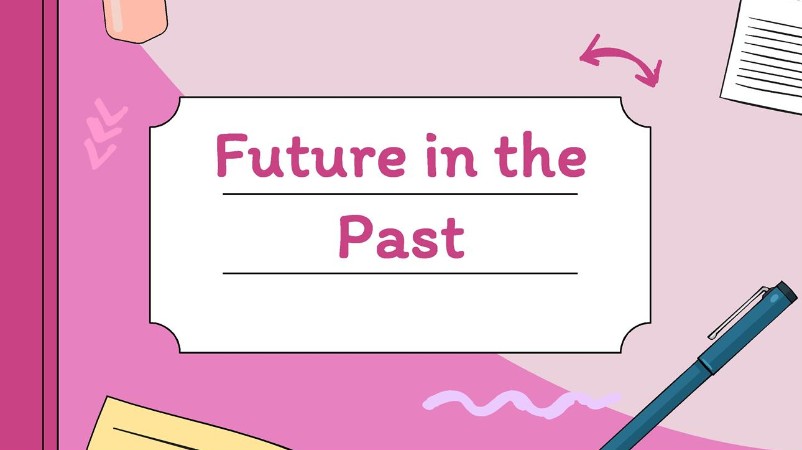
有时候我们表达一件过去的事,对过去那个当下来说是在发生在未来某个时间点。当我们要表达在过去时间下的未来,可以用常规将来时态的过去时。
看下面将来时的句子和其相对应的过去式。
| will We think he will win the election. | would We thought he would win the election. |
| am/is/are going to We’re going to have a drink to celebrate my birthday this evening. | was/were going to We were going to have a drink after work, but the boss made us stay. |
| 现在进行时 We are getting married soon, and I’d like you to be my maid of honour. | 过去进行时 She was getting married soon and she wanted me to be her maid of honour. |
| 将来进行时 Will you be going home this summer? | Would be + 动词-ing She told her mother that she wouldn’t be going home that summer. |
| 将来完成时 He says he will have finished the book in two weeks. | Would have + 过去分词 When I found him, he said he would have finished the book in two weeks. |
在表示过去将来时时,也有别的方式可以表达未来时间,看以下的表格。
| am/is/are about to + 不定式 The new app for electronic payment is about to be launched. | was/were about to + 不定式 I was about to confess what I had done, but she told me not to do it. |
| am/is/are on the brink/point/verge of + 动词-ing Artificial Intelligence is on the verge of revolutionizing the world. | was/were on the brink/point/verge of + 动词-ing I was on the verge of saying something, but I decided to keep quiet. |
| am/is/are to + 不定式 The president is to sign the agreement before he leaves office. | was/were to + 不定式 The victim, Eric Watts, 24, was to arrive home for his wedding on April 19. |
| am/is/are due to + 不定式 They are due to leave the country next week when their visas expire. | was/were due to + 不定式 He was due to leave the country on Saturday, but the judge didn’t allow it. |
过去将来时 – 练习题



Comments